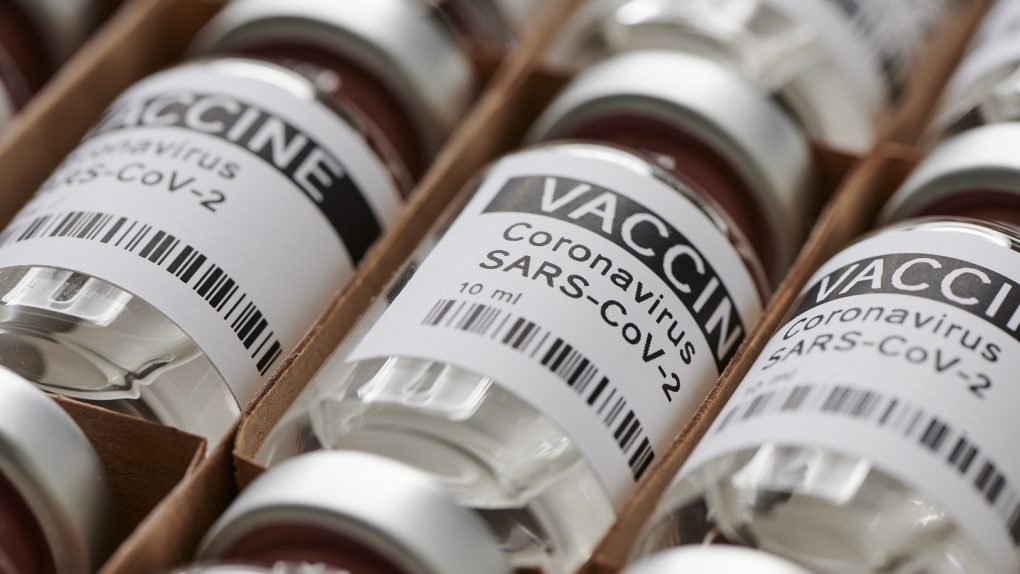- A study from Israel indicates that people who received the Pfizer/BioNTech coronavirus vaccine develop an immune response significantly stronger than COVID-19 survivors.
- These researchers think this sort of immunity might completely prevent COVID-19 transmission, although more data is needed to prove that’s the case.
- The goal of current COVID-19 vaccines is to prevent severe illness and death. Inoculated people might still catch the disease and they may still be contagious.
As the first coronavirus vaccine clinical trials were nearing the end of the final stage of testing, it became increasingly clear that the object of these first-generation vaccine candidates wasn’t to prevent COVID-19 transmission entirely. That would be a welcome side-effect. Instead, researchers were hoping the vaccines would prevent severe COVID-19 and deaths, and that’s exactly what Phase 3 trials showed. The Pfizer/BioNTech, Moderna, and AstraZeneca/Oxford vaccines can all prevent severe COVID-19 with varying degrees of efficacy. But the studies were not able to demonstrate that the COVID-19 immunity acquired after the two-dose regimen might also prevent the spread of the illness.
People immunized against COVID-19 will have a high chance of avoiding a severe case of the illness after an actual infection, but infection with the novel coronavirus would be possible even after a person acquires immunity. The virus might infect cells in the nose and throat and multiply to a level where transmission is still possible. The vaccine-triggered immune response would block the virus from damaging the lungs, preventing complications in this manner.
Now, a brand new study from the country with the best vaccination program so far indicates that the immunity developed from the Pfizer/BioNTech vaccine is so strong that it might prevent COVID-19 transmission.
Israel has conducted an aggressive COVID-19 vaccination campaign so far, immunizing 2.6 million people. That’s more than 25% of its population of 9 million people, an impressive percentage that no other countries can match.
Researchers from the Sheba Medical Centre in Tel Aviv studied the immune response in 102 hospital staff members who received both Pfizer/BioNTech vaccine shots. They found that 100 people developed up to 20 times more antibodies within a week of the second dose than COVID-19 survivors who went through severe COVID-19 cases. These higher levels of antibodies that would neutralize the actual virus upon actual encounter are believed to also prevent transmission. Of the two people who did not develop antibodies, one is a person who is immunocompromised. It’s unclear why the second person did not get antibodies, and the hospital is investigating the matter.
The higher the number of antibodies, the harder it would be for the virus to infect cells and replicate enough for vaccinated people to become infected. That’s the theory so far, and this is just an initial study.
“People who have received both doses of the vaccine have levels of antibodies ranging from six to 59. These are high values, and it’s encouraging and reasonable to assume that these people will not be carriers or contagious, although that is still not a direct conclusion,” Professor Gili Regev-Yochay said in a media briefing on Monday.
“The results of the survey are in line with Pfizer’s experiment and even better than expected,” she added. “I expect that the survey results of the other employees participating will be similar. There is certainly reason for optimism.”
The Pfizer/BioNTech vaccine was found to be 95% effective in its Phase 3 trial. The Sheba study reinforces those results, as 98% of the studied sample developed antibodies after the two shots. However, the researchers do not have clear evidence that immunized people who might still catch the virus will not be contagious to others.
A few days ago, a study said that COVID-19 survivors might develop strong immunity, but they could still contract the virus and infect others. That’s why people are instructed to continue observing safety measures, including face masks, even after vaccination.








